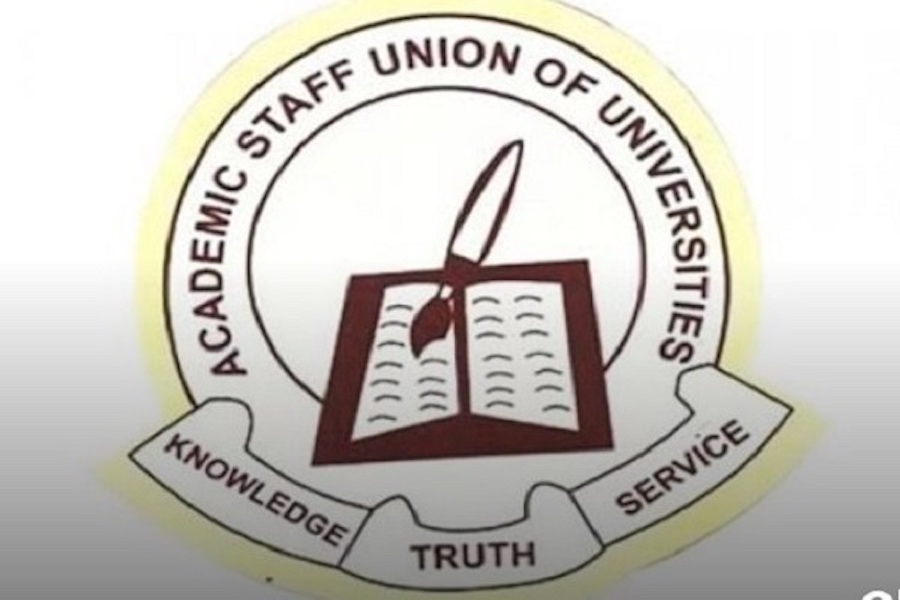By Qosim Suleiman, Premium Times
The Academic Staff Union of Universities, ASUU, has resolved to suspend its indefinite strike action.
ASUU’s decision was taken at the National Executive Council, NEC, meeting of the union in Abuja early Friday.
A formal announcement is expected to be made Friday morning.
A member of ASUU-NEC who was at the meeting told Premium Times Friday morning that the suspension of the strike was based on last week’s ruling of the Court of Appeal which asked the union to obey an order of the National Industrial Court.
The industrial court had, by granting an injunction sought by the Nigerian government, ordered the lecturers to suspend the strike pending the determination of the substantive suit.
Our source said the government was yet to meet the demand of the lecturers.
A few days after the Minister of Labour, Chris Ngige, referred the dispute with ASUU to the industrial court, the Speaker of the House of Representatives, Femi Gbajabiamila, began holding talks with the union.
While proceedings continued in the court, the leadership of the House of Representatives facilitated meetings between ASUU and affected Ministries, Departments, and Agencies, MDAs, of government.
At the meetings, the government made a staunch stance of not adopting the preferred payment platform of the lecturers. Instead, it said the Integrated Personnel Payroll Information System, IPPIS will be modified to accommodate the peculiarities of the university and its staff.
The government also included, in the proposed 2023 budget, N170 billion for the revitalization of tertiary institutions and N300 billion for salaries. It is, however, unclear if those budgetary provisions meet the demands of the lecturers.
On the ‘No Work, No Pay’ stance of the government, Mr. Gbajabiamila appealed to President Muhammadu Buhari to make concessions.
Another source had earlier told PREMIUM TIMES that the union was waiting for President Buhari’s decision on the payment of the lecturers’ salaries for the period they were on strike.
Demands
When ASUU announced a four-week strike on 14 February, the union was demanding better funding for the universities and increased pay for its members as contained in several agreements it had with the government.
Specifically, ASUU is requesting the release of revitalization funds for universities, payment of its members’ earned academic allowances, the release of white papers from the reports of the presidential visitation panels as well as the deployment of the University Transparency and Accountability Solution, UTAS, as the preferred payment platform for university workers.
ASUU rejected the IPPIS which the government uses to pay all civil servants’ salaries, arguing that the platform is fraudulent and does not recognize the peculiarities of the universities.
ASUU continued to extend the strike from February until August when the union announced an indefinite strike.
